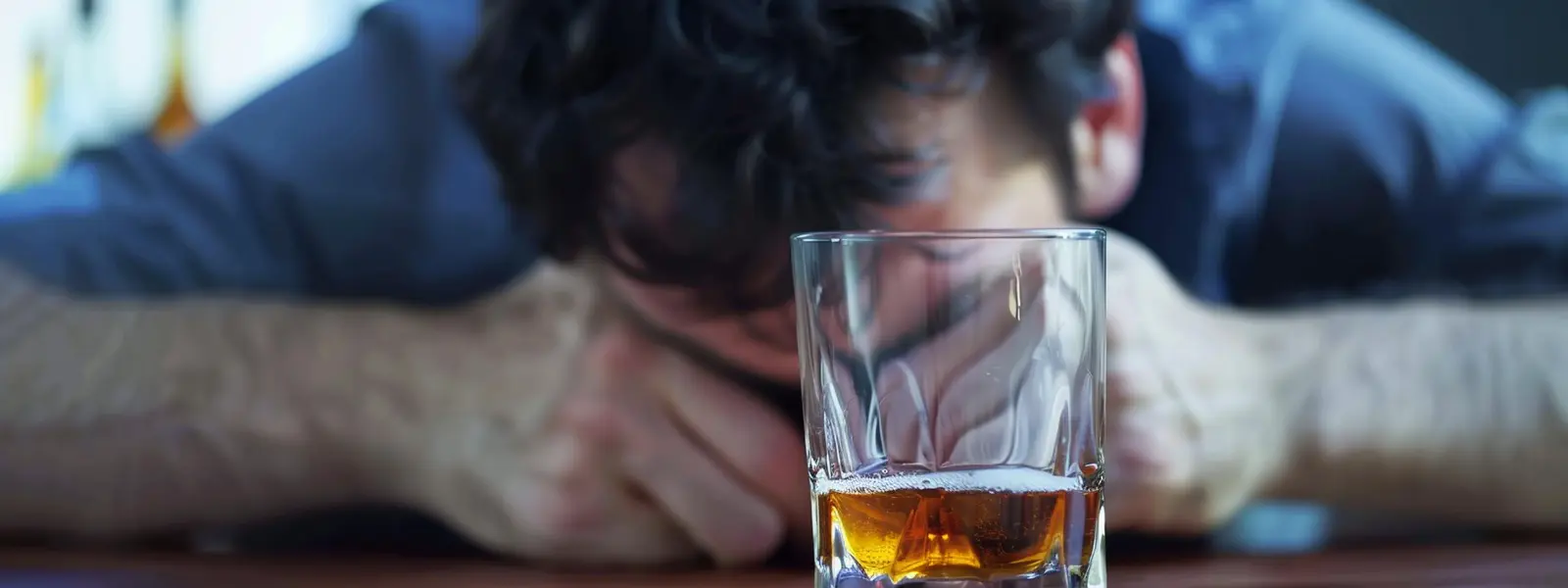Addiction and Substance Use Disorders
Substance use disorder (SUD) is complex a condition in which there is the uncontrolled use of a substance despite harmful consequences. People with SUD have an intense focus on using a certain substance(s) such as alcohol, tobacco, or illicit drugs, to the point where the person’s ability to function in day-to-day life becomes impaired. People keep using the substance even when they know it is causing or will cause problems. The most severe SUDs are sometimes called addictions.
People with substance use disorder may have distorted thinking and behaviors. Changes in the brain’s structure and function are what cause people to have intense cravings, changes in personality, abnormal movements, and other behaviors. Brain imaging studies show changes in the areas of the brain that relate to judgment, decision-making, learning, memory, and behavioral control.
Repeated substance use can cause changes in how the brain functions. These changes can last long after the immediate effects of the substance wear off, or in other words, after the period of intoxication. Intoxication is the intense pleasure, euphoria, calmness, increased perception and sense, and other feelings that are caused by the substance. Intoxication symptoms are different for each substance.
Symptoms
Drug addiction symptoms or behaviors include, among others:
- Feeling that you have to use the drug regularly — daily or even several times a day
- Having intense urges for the drug that block out any other thoughts
- Over time, needing more of the drug to get the same effect
- Taking larger amounts of the drug over a longer period of time than you intended
- Making certain that you maintain a supply of the drug
- Spending money on the drug, even though you can’t afford it
- Not meeting obligations and work responsibilities, or cutting back on social or recreational activities because of drug use
- Continuing to use the drug, even though you know it’s causing problems in your life or causing you physical or psychological harm
- Doing things to get the drug that you normally wouldn’t do, such as stealing
- Driving or doing other risky activities when you’re under the influence of the drug
- Spending a good deal of time getting the drug, using the drug or recovering from the effects of the drug
- Failing in your attempts to stop using the drug
- Experiencing withdrawal symptoms when you attempt to stop taking the drug
When to seek professional help
If your drug use is out of control or causing problems, get help. The sooner you seek help, the greater your chances for a long-term recovery. Talk with your primary doctor or see a mental health professional, such as a doctor who specializes in addiction medicine or addiction psychiatry, or a licensed alcohol and drug counselor.
Make an appointment to see a doctor if:
- You can’t stop using a drug
- You continue using the drug despite the harm it causes
- Your drug use has led to unsafe behavior, such as sharing needles or unprotected sex
- You think you may be having withdrawal symptoms after stopping drug use
If you’re not ready to approach a doctor, help lines or hotlines may be a good place to learn about treatment. You can find these lines listed on the internet or in the phone book.
When to seek emergency help
Seek emergency help if you or someone you know has taken a drug and:
- May have overdosed
- Shows changes in consciousness
- Has trouble breathing
- Has seizures or convulsions
- Has signs of a possible heart attack, such as chest pain or pressure
- Has any other troublesome physical or psychological reaction to use of the drug
Staging an intervention
People struggling with addiction usually deny that their drug use is problematic and are reluctant to seek treatment. An intervention presents a loved one with a structured opportunity to make changes before things get even worse and can motivate someone to seek or accept help.
An intervention should be carefully planned and may be done by family and friends in consultation with a doctor or professional such as a licensed alcohol and drug counselor, or directed by an intervention professional. It involves family and friends and sometimes co-workers, clergy, or others who care about the person struggling with addiction.
During the intervention, these people gather together to have a direct, heart-to-heart conversation with the person about the consequences of addiction and ask him or her to accept treatment.

